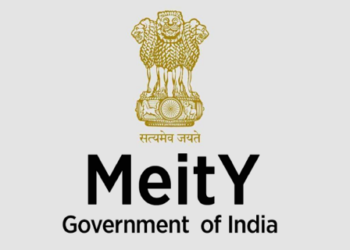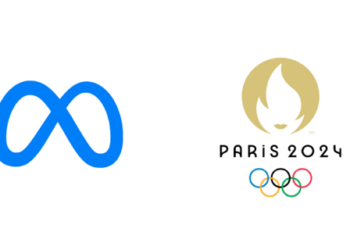Facebook has revealed new measures to reduce “low quality links” in its News Feed, in a bid to reduce the influence of spammers on the platform. Its latest research showed that a small group of Facebook users are spamming people’s feeds with the large amounts of public posts that they share daily.
According to a statement on Facebook’s website, those said posts usually include low quality content such as clickbait, sensationalism and misinformation. As a result, the company has decided to deprioritise the links that spammers share more frequently than regular users. Facebook stated that spamming is one of the indicators which may affect the ranking prioritisation of low quality links.
This new update is only applicable to links such as an individual article, not to domains, Pages, videos, photos, check-ins or status updates. While most publishers will not see any drastic changes to their News Feed distribution, those that get “meaningful distribution” from people who regularly share huge amounts of public posts daily may see a reduction in the distribution of those specific links.
In the recent statement, Facebook reminds publishers to post stories that are relevant to and informative for their target audience.
Last year, the company announced an update to its News Feed that enables users to view more posts from their family and friends. One of its core News Feed values is being informative, and the ranking algorithm allows Facebook to discover more stories that might be of interest to readers. Hence, curbing the spread of “problematic links” such as misinformation, clickbait and sensationalism.
The ranking of stories is also used to link people to potentially meaningful and engaging stories and sources. In a separate statement published in 2016 about the News Feed update, Facebook said it is source-agnostic and seeks to show users the type of stories they most want to read. It believes that viewing content of interest to readers leads them to spend more time on News Feed.
In addition to reducing the amount of low quality links, Facebook has also been actively trying to combat fake news through other means. In February, the company teamed up with Google and 14 news organisations to weed out fake news through Google’s “CrossCheck” initiative. The initiative was headed up by non-profit coalition First Draft News in June 2015 to raise awareness and address challenges relating to trust and truth in the digital age.
The issue of fake news has also come to the attention of the Singapore government. Last month, Minister for Home Affairs & Minister for Law, K Shanmugam, said that measures are currently in the pipeline to battle the problem of fake news in the country. The ministry will work towards consulting with stakeholders, the media, the legal profession, and the Internet companies to “see what the contours and shape of the legislation ought to be”.
















